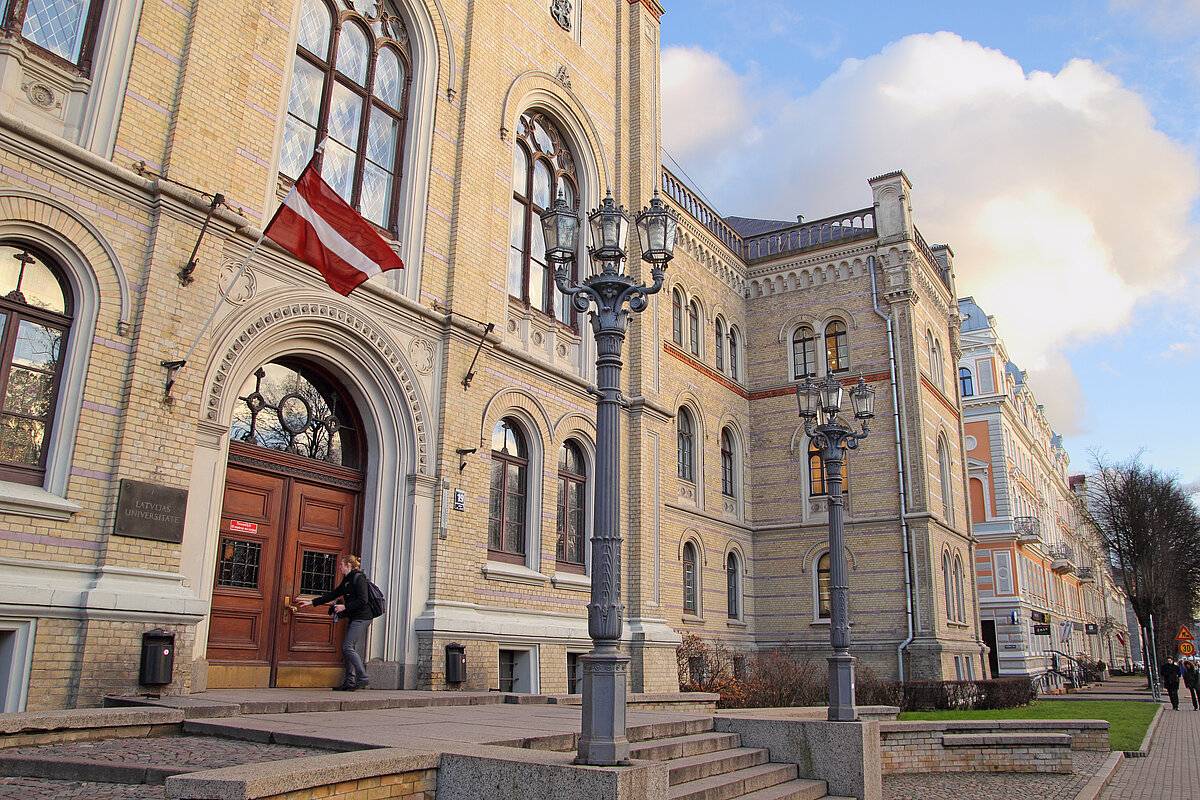
The humanities and arts at the UL maintain the position of 501–600, as do medicine and health, as well as education studies. Life and social sciences are ranked 601–800, while physical sciences (physics, chemistry, etc.) and computer science are ranked 801–1000.
“THE Rankings once again confirm that UL is the only comprehensive university in Latvia, where all fields of science are represented, and, moreover, developed according to global standards. I am truly proud of the successes of our colleagues in the humanities and arts, because preserving and advancing this field is one of our fundamental missions. The entry of education studies amongst the top-rated fields is particularly noteworthy, as they immediately achieved the high 501st–600th position, which once again confirms the leadership and mastery of the University of Latvia in the training of teachers,” emphasizes UL Rector, Prof. Gundars Bērziņš.
THE Rankings by subject offer detailed assessment of universities across 11 subject areas, using a specially designed methodology tailored to the specifics of each subject. THE Rankings aim to provide a comprehensive view of universities’ academic and research excellence, reflecting global standards and providing transparency for both students and academics.
Overall, UL has achieved the highest position among Latvian higher education institutions in almost all categories in which it was evaluated, sharing equal positions with Riga Technical University in the categories of computer science and physical sciences. The Times Higher Education Rankings consider the following criteria: assessment of teaching, research environment, research quality and citation, industry involvement and international outlook, and the weight of these criteria in the evaluation methodology of each field of science differs. In addition to the fields of science in which UL has received an assessment, THE Rankings also consider Business and Economics, Engineering, Law and Psychology.
In order for a university to be considered in THE Rankings by subject, it must first be included in the general THE World University Rankings. The University of Latvia is the highest-ranked Latvian higher education institution in THE World University Rankings at 1001st–1200th place. To receive an assessment in one of THE Rankings by subject categories, a higher education institution needs to achieve a certain minimum number of publications in the relevant field of science (for example, in the general rankings – 1000 publications within 5 years), as well as a certain number of academic staff members in each discipline (for example, in the arts and humanities – at least 50 academic staff members or 5% of the total staff count).
These rankings serve as a reliable benchmark for global academic excellence. It helps students select leading universities in specific fields, universities assess their performance against global standards and highlight their strengths, while industry and academia identify prospects for potential collaboration.
Among the Baltic universities, the University of Tartu maintains its leading position according to several indicators. Meanwhile, the highest places in the international rankings are occupied by British and American universities, such as Oxford, Cambridge, Massachusetts Institute of Technology (MIT), and Harvard University.

 CONFERENCE
CONFERENCE